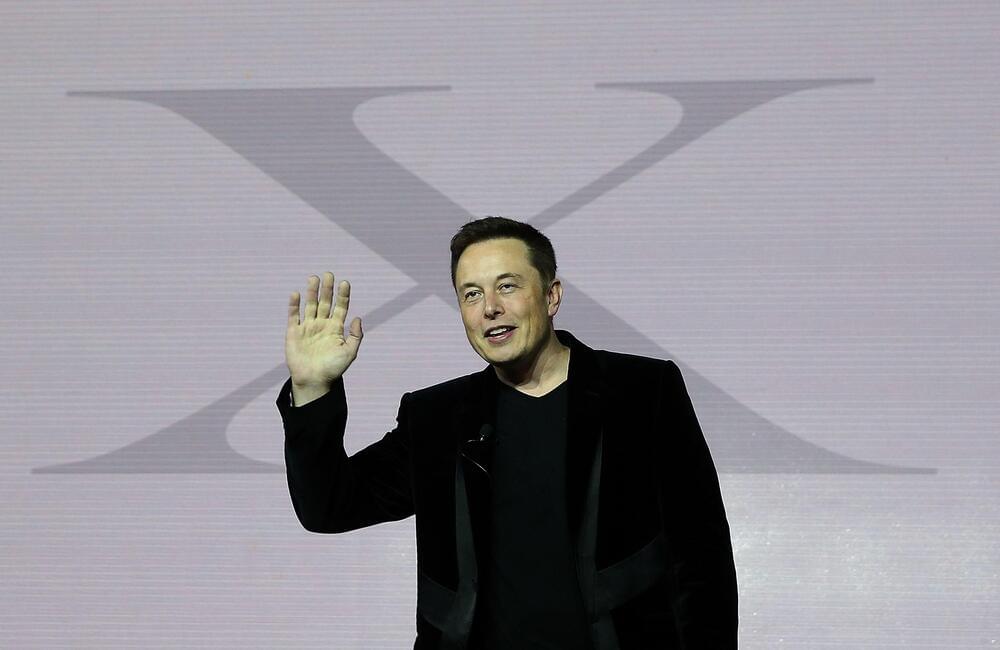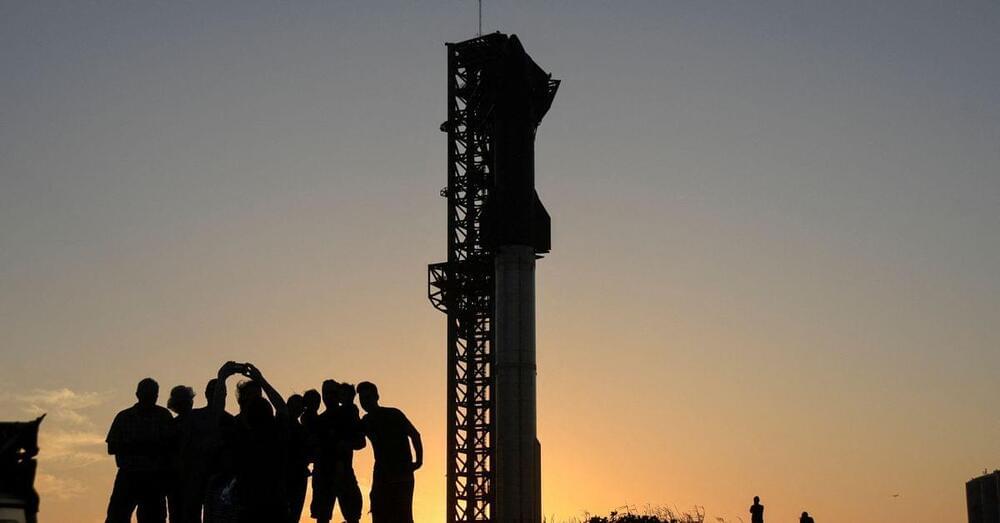Story of the distant Future.
“Able to journey “out of the body” the time traveller whirls through space and time seeking the Starmaker of the cosmos. He visits many worlds, often during periods of social and political crisis, and finally joins others travellers in developing an unusual mental community.“
Chapter list:
00:00:00 — (i) Book info.
00:04:00 — (00) Preface.
00:10:39 — (01) The Earth.
00:30:35 — (02) Interstellar Travel.
00:55:20 — (03) The Other Earth.
02:05:33 — (04) I Travel Again.
02:26:05 — (05) Worlds Innumerable.
03:18:04 — (06) Intimations of the Star Maker.
03:31:22 — (07) More Worlds.
04:38:07 — (08) Concerning the Explorers.
04:48:59 — (09) The Community of Worlds.
06:14:26 — (10) A Vision of the Galaxy.
06:35:13 — (11) Stars and Vermin.
07:21:35 — (12) A Stunted Cosmical Spirit.
07:27:46 — (13) The Beginning and the End.
08:07:41 — (14) The Myth of Creation.
08:15:30 — (15) The Maker and His Works.
09:01:25 — (16) Epilogue: Back.
Like these books? Want to help?
These books come from the National Library Services.
I encourage you to donate:
https://www.loc.gov/nls/about/donate/

